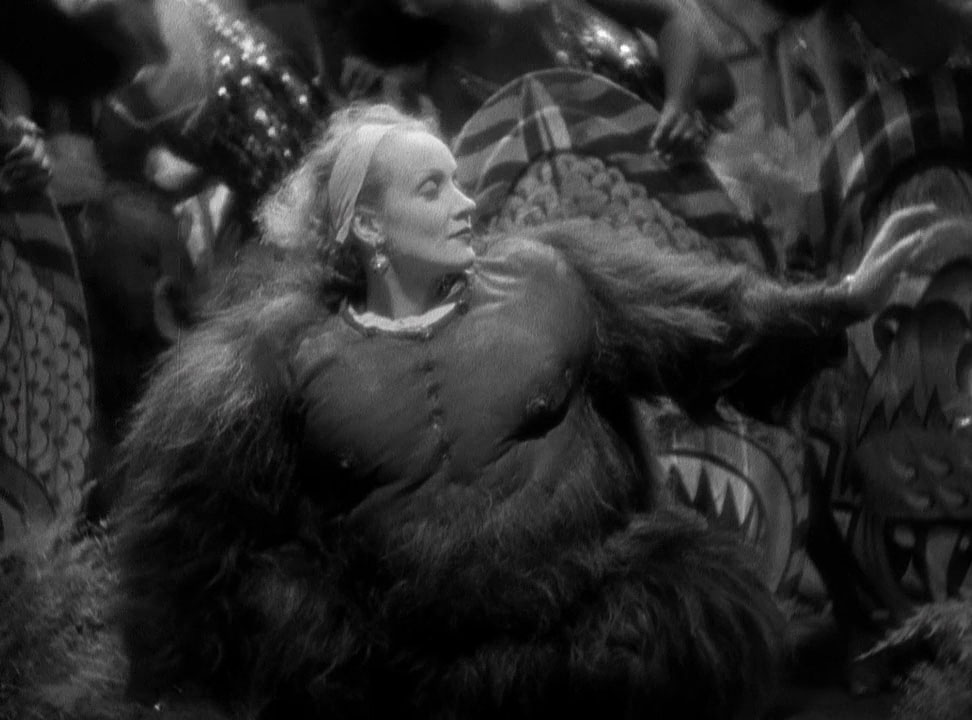Once Upon a Honeymoon (1942, Leo McCarey)
Another nazi comedy, this one McCarey’s follow-up to Love Affair. Ginger Rogers has finally landed a rich baron (Walter Slezak, title star of Dreyer’s Michael, also in Lifeboat), follows him to various countries, each of which falls to Hitler soon after. This gets the attention of reporter Cary Grant, and French secret agent Albert Dekker (ultimate baddie of Kiss Me Deadly). Ginger proves her loyalty to the viewer by rescuing her Jewish maid (Natasha Lytess, Marilyn Monroe’s acting coach) before agreeing to spy for Dekker, while Cary takes a nazi radio propagandist job, like if Mother Night was a comedy. The spy game doesn’t work too well, so Ginger pushes the baron overboard on an ocean liner and sails away with Cary.
The More The Merrier (1943 George Stevens)
A different kind of wartime picture than Once Upon a Honeymoon. This one focuses on the high women-to-men ratio in the D.C. area, and a housing shortage that forced people to take roommates. The story is short on logic, but the cast is super cute – and I don’t mean Jean Arthur and Joel McCrea, I’m talking about Charles “damn the torpedoes, full speed ahead” Coburn, great scammer of The Lady Eve. It’s the usual setup, where sweetie Jean is engages to a boring dude (Richard Gaines, Edward G. Robinson’s boss in Double Indemnity) but oughtta be with Joel instead, so Coburn invents complicated ways to make that happen, but all while the three are roommates.
Nominated for most major oscars, but up against Casablanca. Coburn still won an award. Remade as Walk, Don’t Run with Cary Grant. The last comedy Stevens would make before heading to war. IMDB: “Joining the Army Signal Corps, Stevens headed up a combat motion picture unit from 1944 to 1946. In addition to filming the Normandy landings, his unit shot both the liberation of Paris and the liberation of the Nazi extermination camp Dachau, and his unit’s footage was used both as evidence in the Nuremberg trials and in the de-Nazification program after the war.”




